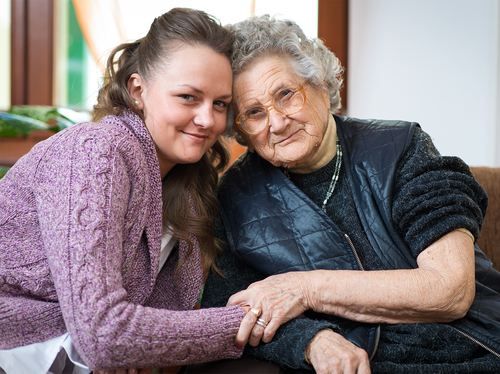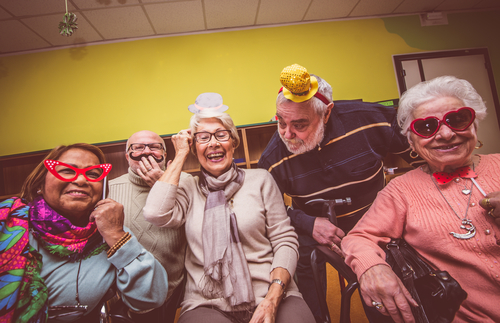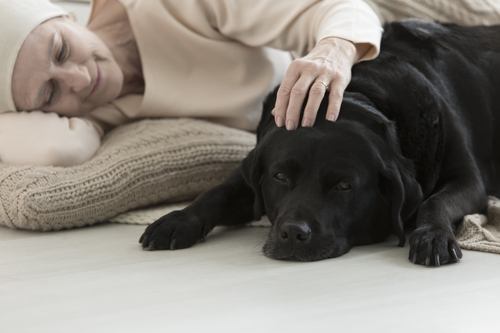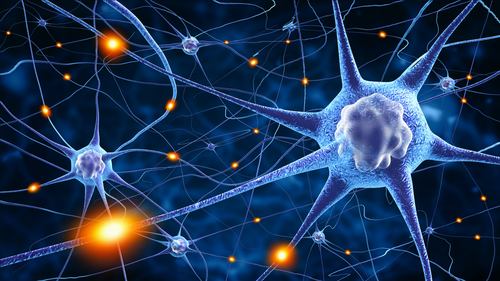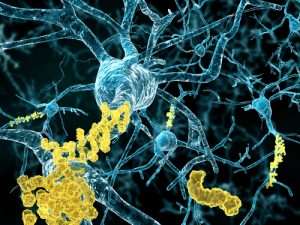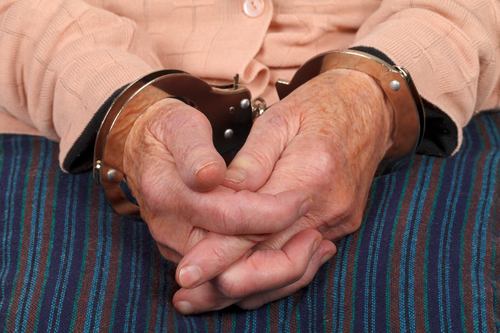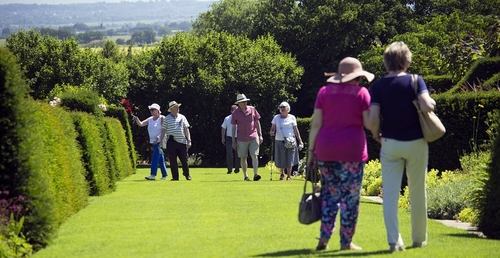
Exercising is hard. It’s hard to find time, motivation, or energy to do. But did you know that that a 2 minute walk could change everything?
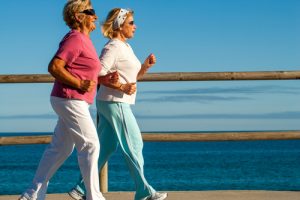
2 Minute Walk
It sounds like a lie but walking for 2 minutes, 15 times a day can make you healthier. It’s not how long you exercise, as long as it’s consistent.
Federal guidelines suggest that at least 30 minutes a day of moderate exercise is good for us. It will help reduce our risk of many diseases and dying prematurely.
The Guidelines
First published in 2008, the guidelines have recently gotten upgraded. Scientists and governmental regulators were surprised to find that there are only a few recent studies on the power of exercise and that they relied on people’s unreliable memory.
So they began to look for new data. They found it in the National Health and Nutrition Examination Survey. This is conducted every year by the Centers for Disease Control and Prevention.
The New Study
For a new study, scientists chose new data from around 4,840 men and women past the age of 40 who had worn activity trackers. Using the tracker results they calculated how much time a day each person spent doing moderate physical activity.
Moderate activity was defined as brisk walking or perhaps jogging. If a single session went on for more than 5 minutes it was considered to be a “bout” of exercise. If it was shorter than 5 minutes was considered to be sporadic physical activity. This could be like walking down the hallways or up a short flight of stairs.
Orginally the scientists were going to focus on 10 minute bouts of exercise, which was recommended at the time, but so few people of the study did that, that they had redifine their terms.
To finish the study, they looked at death records to see whether any of the participants died in 2011.
The Results
Scientists found that moving strongly influenced longevity. The men and women that were least active, exercising moderately for fewer than 20 minutes a day, were at the highest risk of premature death.
Those who moved more, especially around an hour, often cut their mortality risk in half.
It didn’t matter how they accumulated those minutes. If people walked for five minutes or longer they lowered their risk of dying young. But they also gained the same benefits if they did short repeated spurts. As long as they moved often.
Dr. William Kraus, a professor at Duke University who conducted the study with other researchers, says:
“The little things that people do every day can and do add up and affect the risk for disease and death.”
These little things can include walking from your car to the office, taking the stairs instead of an elevator, or a casual stroll.
Read more here.


